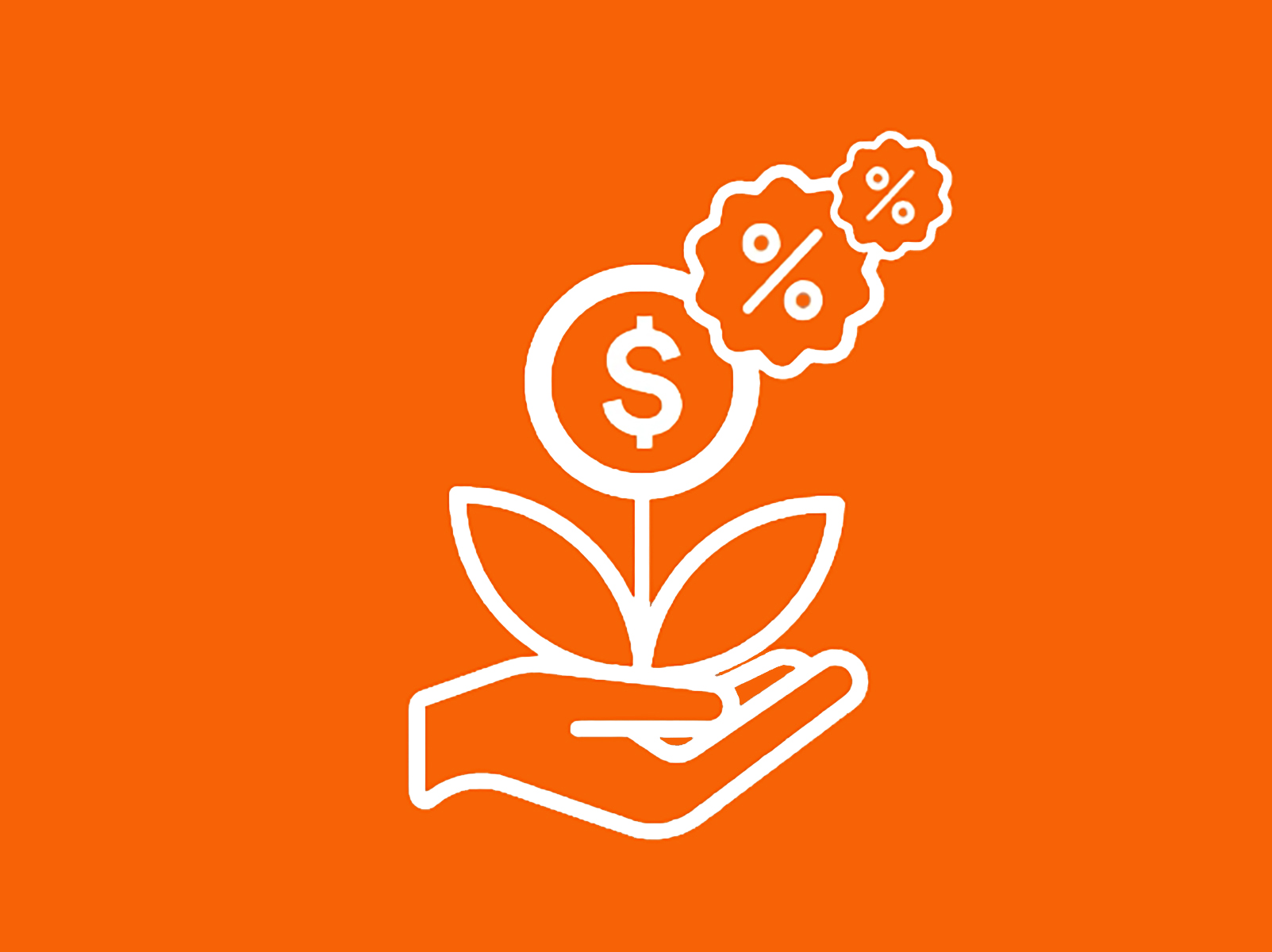Estimating retirement expenses
We all know we have to save for retirement, but the question is: How much will we need?
There are various calculators out there to play with: Tangerine has one you can use once you have an idea how much retirement income you'll need, but the further away from retirement you are, the harder it is to estimate just how much money you'll need.
Here's some food for thought that will either motivate you into saving more, alleviate some concern, or just even give you a better ballpark to guess within so you have a target in mind.
1. There's no one-size-fits-all
Some people will plan to travel extensively in retirement, or have some other expensive hobby. Others may be content to read, do some light gardening or volunteer their time, and their idea of splurging is going out for coffee every morning with friends.
Health may be a financial constraint—not only in terms of how much you spend on non-covered treatments and medication, but also in terms of what you can physically do. (Those plans of travelling the world may go out the window if you're not physically able to fly.)
So when you see the various rules of thumb that suggest you should budget for 50%, 70% or 90% of your pre-retirement income for retirement expenses, take them with a grain of salt. The truth is, you won't know where you're lining up until you get closer to retirement. In the meantime, just save "more." I can't recall meeting anyone who reached 65 and was angry at themselves for saving too much money—only the opposite. Anyone who has saved aggressively is more likely to be able to retire earlier.
2. Keep in mind what expenses you WON'T have in retirement
Ideally, you should enter retirement with no debt. So that mortgage payment that feels like a rock around your neck today should be gone. You'll still have property taxes and maintenance to deal with, but that should feel like a cinch compared to the mortgage.
You'll also stop saving for retirement. If you're saving $100, $500, or even $1,000 per month for retirement, once you retire, that cash-flow requirement is no longer needed for retirement, although you may decide to allocate part of it towards short-term savings to avoid using debt for larger purchases (like cars and vacations).
3. Keep in mind what expenses you WILL have that you don't today
Again, the closer you get to retirement, the clearer the picture will become. Your health may necessitate modification of your home. It's possible that some people will require physical assistance either at home or through moving into a special retirement or assistance facility. You may want the flexibility of providing support to your adult children. (Or of spoiling your grandchildren!)
And as mentioned earlier, your particular hobbies and desired retirement lifestyle may cost relatively little, or it might be considered more luxurious.
4. You'll likely have a number of income sources
On top of your RRSP (called an RSP at Tangerine) and/or TFSA, you may have a pension plan from work, the Canada Pension Plan, and Old Age Security benefits. You should try to estimate what these income sources will provide in retirement. Some will pay a benefit for life, while others will only provide income until funds are depleted. The Government of Canada's website has a retirement income calculator that helps give you a rough estimate of what income sources you'll have, but if you find it overwhelming, you should seek out the advice of a qualified accountant or financial advisor to help you out.
5. Nothing is a straight line
Possibly the most important thing you can do is to remember that "life happens" and it can throw out all your projections. Your family might have a history of relatively short lifespans, but you might live until 90. Retirement may last 30 years or longer, and your level of spending could fluctuate from year to year, or from phase to phase. The early phase of retirement might have you spending more on travel, but that might get phased out as you age. Your health spending, on the other hand, might start to increase. Additionally, your investments will likely have phases of good returns or poorer returns. All of these variables makes getting an exact number figured out years in advance a tough thing to do.
6. Flexibility is key
A great way to approach retirement is to heed the basic advice: Focus on saving for the future and entering retirement debt-free. If the markets do well right before your ideal retirement age, you might retire early. If they do poorly, you might benefit from delaying retirement a few years. And make no mistake: One more year of saving, and one less year of spending your nest egg, can make a big difference in your success.
So for now, aim to get the basics down pat: Save as much as you realistically can so you have a chance of retiring earlier. As you get closer to retirement, you'll have a better sense of what your actual expenses will be and how good the markets have been to your nest egg. By being flexible with the exact date of retirement down the road, you should be able to sleep a little more soundly today.

